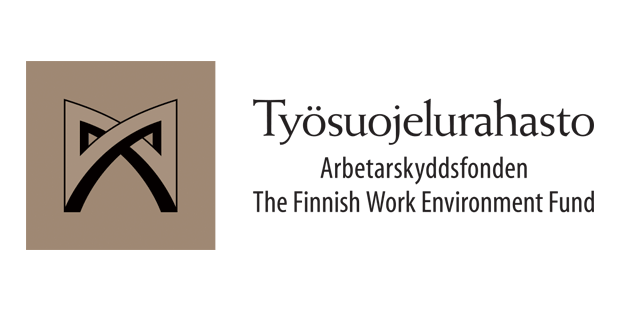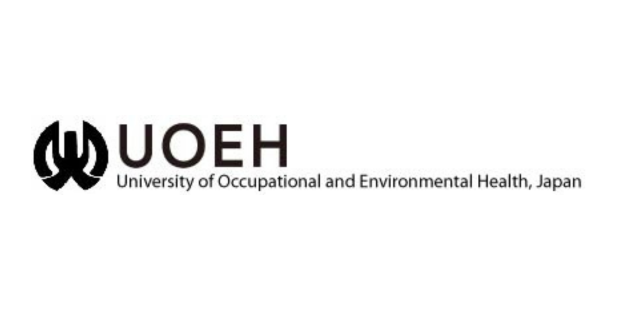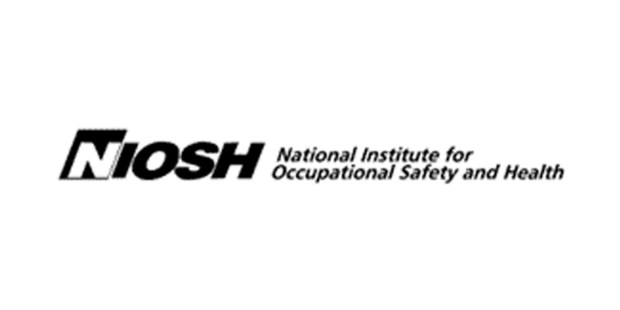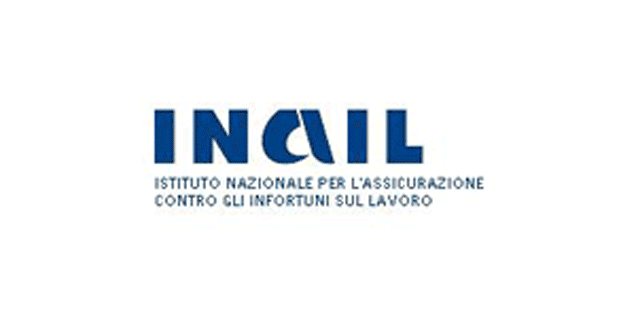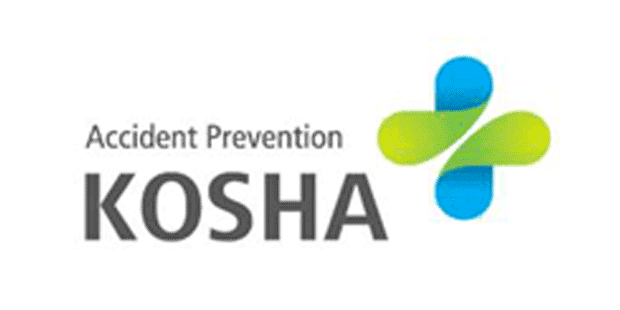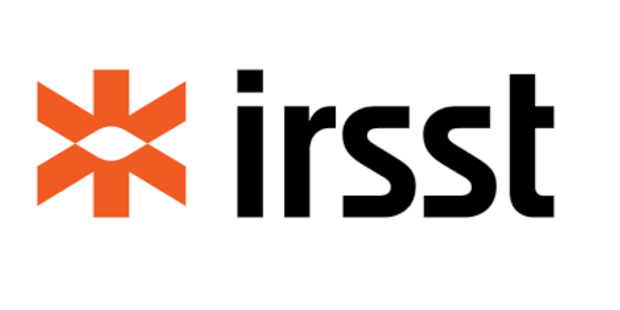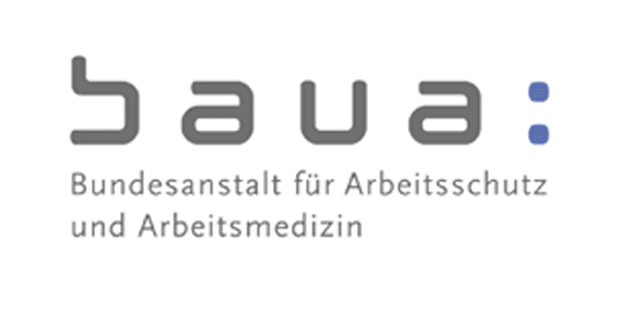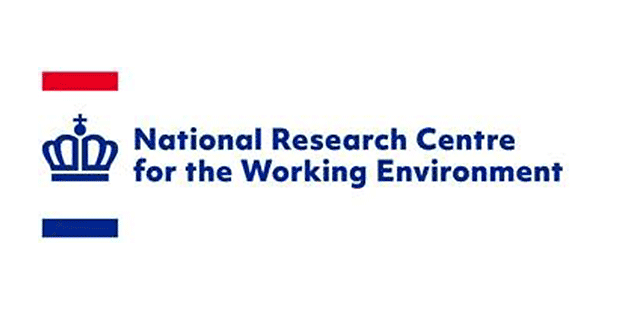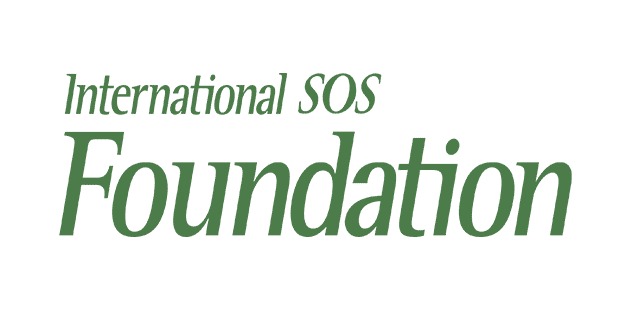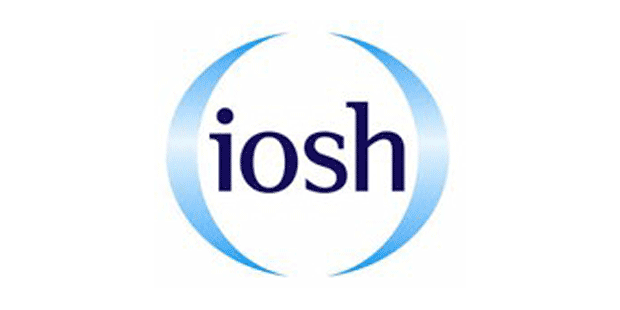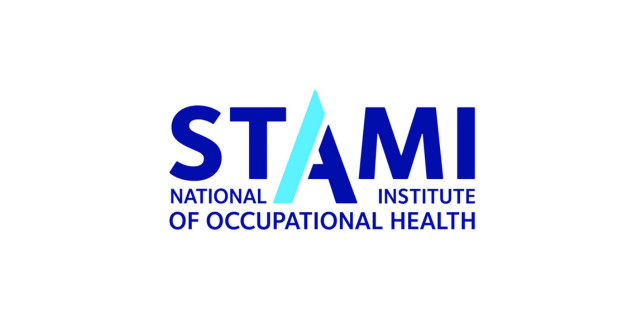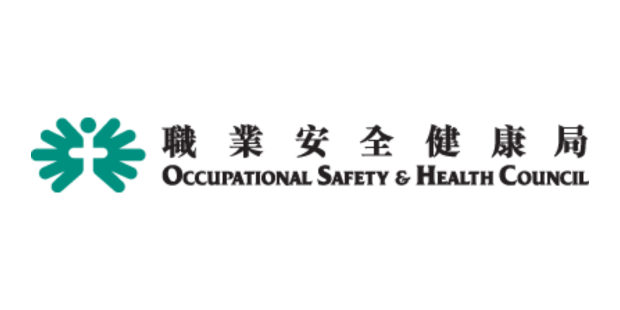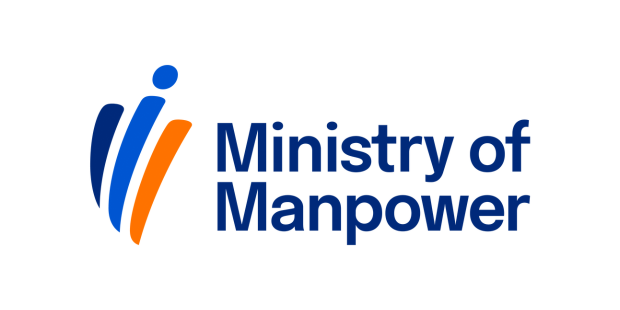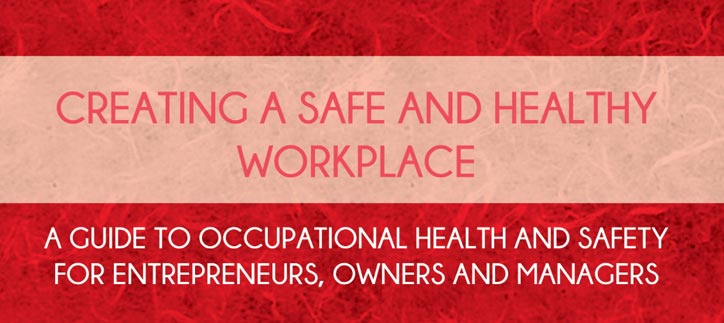ICOH Network for Occupational Health
Education in Developing Countries - Report
Chair:
Sverre Langard, Norway
Members:
Thirumalai Rajgopal, India
Murray Coombs, South Africa
Ruddy Facci, Brazil
Kee Seng Chia, Singapore
The ICOH Membership Fee Task Group proposes the following changes to the ICOH fee structure:
1. Principles regarding provisions for change in the ICOH membership fee:
To encourage membership from as many countries as possible, the membership fee should be reasonable and affordable for present or new members from any country. The membership fee system should ensure that the income for ICOH from this source is not reduced from one year to another.
2. Proposal for a simple differential fee system
A differential fee that encourages scientists / colleagues in all countries to become members of ICOH is ideal, although difficult to achieve in the short term. However, a simple differential fee system can be easy to adjust to a rapidly changing international economy. The fee set for any country can be based on individual 'country specific' salaries or GNP.
The task group has considered different alternatives, from a highly differentiated fee structure with 12-15 fee classes, to a simple system with only a few groups. The task group felt that a highly differentiated system is likely to be too complicated to handle. All members of the working group supported a simple system, and has proposed one using four different levels.
We propose a system based primarily on the GNP per capita of the different countries. As the GNP may change quickly in some countries, the fee structure for the four levels may require periodic adjustments depending on the changing GNP of countries. Fee changes may be as frequent as every 3-5 years. The task group proposes that the fee classes should be reconsidered at time intervals no longer than 5 years following the date that the fee has been adopted by the ICOH.
Individual income of present and potential new ICOH members may only be weakly linked to the country's GNP, because not all wealthy countries distribute their wealth evenly among the population. A differential fee structure based solely on country -specific GNP may therefore inherently be unjust. The task group does not know what the minimum or average expenses are for ICOH to provide service/support for each individual member. It could be left to the ICOH general secretariat to find out whether the suggested '50 CHF' below is close to the average ICOH expenses for each member. Another simpler option could be to fix the fee at four different levels; a) Band 1 (top band): 100% (= the current, or slightly increased fee), b) Band 2: 75%, c) Band 3: 50% and d) Band 4 (lowest band): 25%, respectively.
The task group proposes to the ICOH Board for consideration, two slightly different groups of classes of triennial fee, both based on four zones of GNP (most recent available information).
| Zone I | All countries with the GNP/per capita exceeding US $15.000 |
| Zone II | All countries with the GNP between US $5.000 - <US $15.000 |
| Zone III | All countries with the GNP between US $1.000 - <US $5.000 |
| Zone IV | All countries with the GNP below US $1,000 |
Baseline fee: Present members and new members from Zone IV should pay a triennial membership fee that is equivalent to the average cost incurred by ICOH in supporting each member. Assuming that to be either 50 CHF or 75 CHF, the proposed membership fees for the other zones could then be a multiple of this baseline fee:
| Proposal I | Proposal II | |
| Zone I | 300 CHF (6 x baseline) | 300 CHF (4 x baseline ) |
| Zone II | 200 CHF (4 x baseline) | 225 CHF (3 x baseline) |
| Zone III | 100 CHF (2 x baseline) | 150 CHF (2 x baseline) |
| Zone IV (Baseline fee) | 50 CHF (baseline) | 75 CHF (baseline) |
We welcome comments and feedback from ICOH members on the above proposals.
On behalf of the membership fee task group.
Sverre Langard
Oslo, March 26, 2001



